Social Sciences Research
Background Overview
- The aim of the NSF AGEP TxARM Social Science research program (2021- 2023) is to advance knowledge about TxARM programming, connect with AGEP Alliances (past, present, and future), and implement institutional transformation (locally, regionally, and nationally).
- The focus of the NSF AGEP TxARM Social Science research program (2017- 2021) was to study the overlap of social pain cognitions (perceptions) with physical pain mechanisms (processing) that exists among healthy, educated, financially stable adults living in the Southwest, as well as the disenfranchised and marginalized members of the U. S. population.
- The timeline of NSF AGEP funding for the TxARM Social Science Studies covers TEN consecutive years:
- 2021 – 2023 - Collaborative Research Project: AGEP - Social Science Studies for Cohorts and Alliances
- 2017 – 2021 - Collaborative Research: AGEP - The Texas A&M System (TxARM) Alliance.
- 2013 – 2019 - Collaborative Research: AGEP - Advancing Interdisciplinary STEM Graduate Education for
Underrepresented Minorities in Energy and Sustainability Disciplines.
TxARM AGEP Social Science Research Team Leader
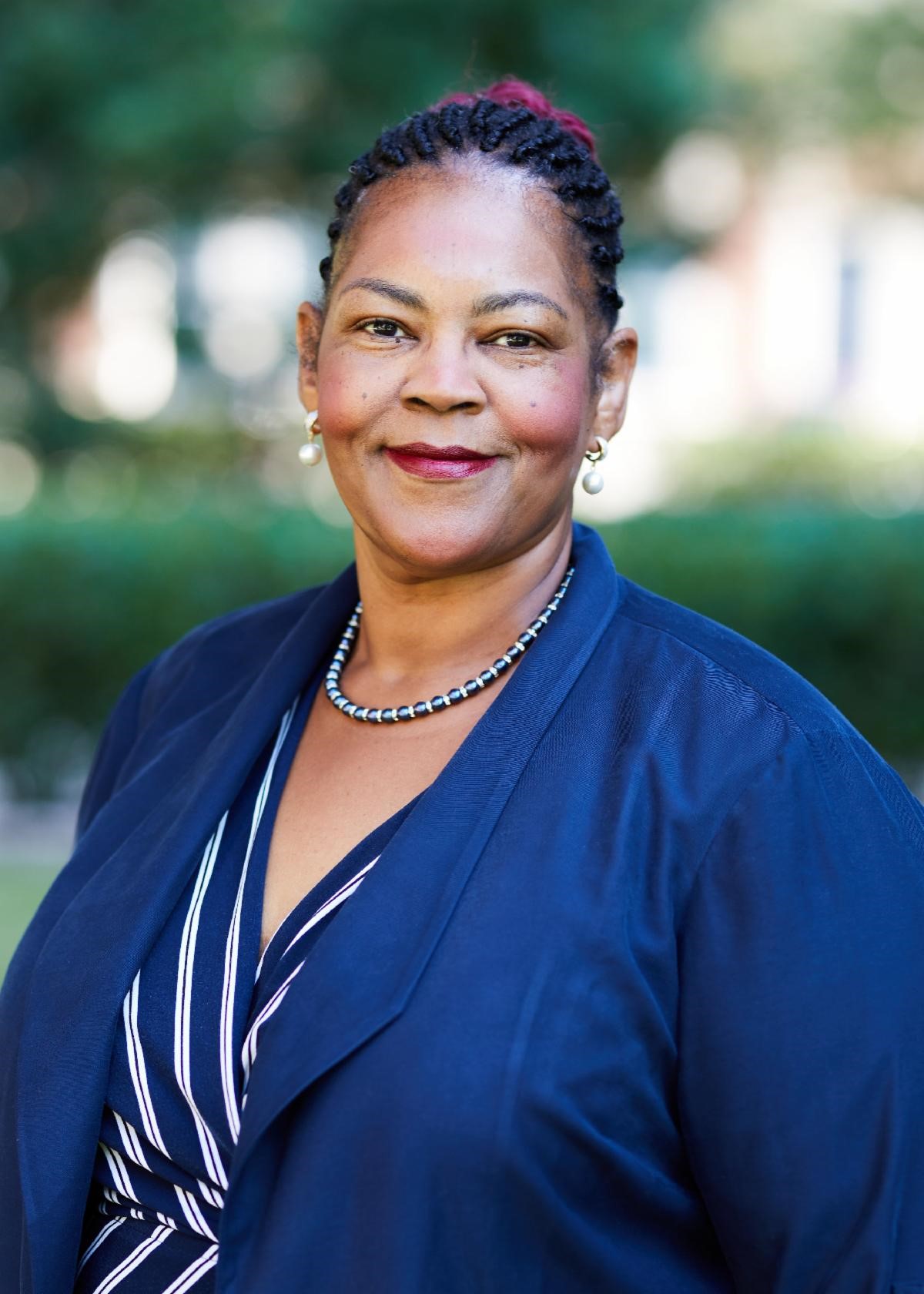
TxARM AGEP Social Science Research Team Advancing into the Professoriate
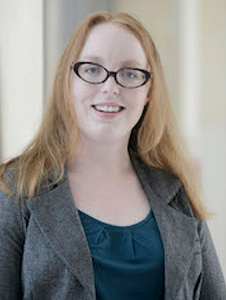 Carla A. Zimmerman, Ph.D. Associate Professor Department of Psychology Colorado State University - Pueblo AGEP Tenure is Predoctoral to Tenured, plus Advisory Board Consultant
Carla A. Zimmerman, Ph.D. Associate Professor Department of Psychology Colorado State University - Pueblo AGEP Tenure is Predoctoral to Tenured, plus Advisory Board Consultant
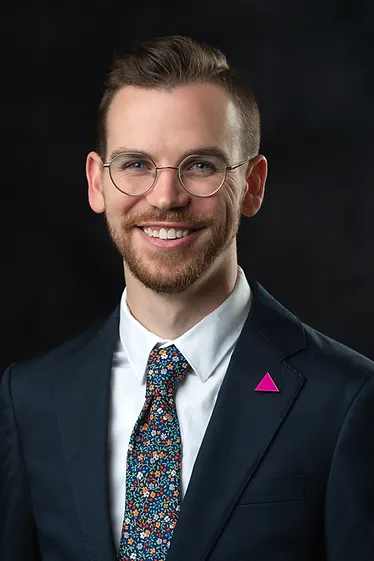 Gabe H. Miller, Ph.D. Assistant Professor Department of Sociology University of Alabama at Birmingham AGEP Tenure is Predoctoral to Tenure –Track, plus Project Researcher
Gabe H. Miller, Ph.D. Assistant Professor Department of Sociology University of Alabama at Birmingham AGEP Tenure is Predoctoral to Tenure –Track, plus Project Researcher
 Asha Ganesa. Ph.D. Postdoctoral Researcher Department of Psychological and Brain Sciences Indiana University AGEP Tenure is Postdoctoral Post #1 to Postdoctoral Post #2
Asha Ganesa. Ph.D. Postdoctoral Researcher Department of Psychological and Brain Sciences Indiana University AGEP Tenure is Postdoctoral Post #1 to Postdoctoral Post #2
 Jaren Crist, Ph.D. Assistant Professor Department of Psychological at Gustavus Adolphus College AGEP Tenure is Predoctoral to Postdoctoral, Tenure –Track rank.
Jaren Crist, Ph.D. Assistant Professor Department of Psychological at Gustavus Adolphus College AGEP Tenure is Predoctoral to Postdoctoral, Tenure –Track rank.
TxARM AGEP Social Science Research Team Broadening Participation

Obrenka Thompson-Clayborn, MPH Graduate Student Medical Sociology University of Alabama at Birmingham AGEP Tenure is Predoctoral to Predoctoral

Ran Wang, M.S. Graduate Student Department of Psychological and Brain Sciences Texas A&M University AGEP Tenure is Predoctoral to Predoctoral
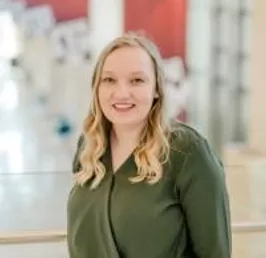
Emily Johnson Raibley, M.S. Graduate Student Department of Psychological and Brain Sciences Texas A&M University AGEP Tenure is Predoctoral to Predoctoral
TxARM AGEP Social Science Research Team Advisory Board and Project Brain Trust
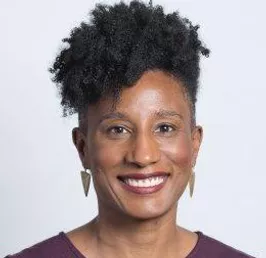 Kimberly A. Griffin, Ph.D. Professor and Dean of the College of Education University of Maryland
Kimberly A. Griffin, Ph.D. Professor and Dean of the College of Education University of Maryland
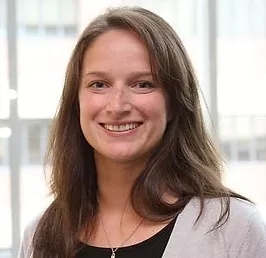 Vani A. Mathur, Ph.D. Assistant Professor in the Department of Psychological and Brain Sciences at Texas A&M U
Vani A. Mathur, Ph.D. Assistant Professor in the Department of Psychological and Brain Sciences at Texas A&M U
 Stephen A. Maren, Ph.D. Charles H. Gregory '64 Chair in Liberal Arts and Distinguished Professor in the Department of Psychological and Brain Sciences at Texas A&M University
Stephen A. Maren, Ph.D. Charles H. Gregory '64 Chair in Liberal Arts and Distinguished Professor in the Department of Psychological and Brain Sciences at Texas A&M University
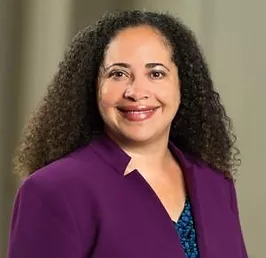 Isis H. Settles, Ph.D. Professor of Psychology and Afroamerican and African Studies at the University of Michigan
Isis H. Settles, Ph.D. Professor of Psychology and Afroamerican and African Studies at the University of Michigan
Major Activities of the TxARM AGEP Social Science Research Team
- The NSF AGEP TxARM Social Science research team completed the THREE proposed experimental studies including one designed and conducted as a mixed methods, self-study specific to the TxARM cohort participants.
- For the undergraduate researchers, these projects provided the opportunities to gain training experience in (1) learning social science research methods and statistical analyses, (2) improving manuscript writing through feedback from graduate mentors and advisors, and (3) presenting research findings to Social Science team members.
- For graduate student researchers, the projects provided the opportunities to mentor undergraduate students and gain training experience in (1) applying for IRB approval and following all ethical protocol, (2) improving manuscript writing through feedback from Co-PI, (3) presenting research findings to Social Science team members and at academic and professional society conferences.
- For graduate student researchers, the projects provided the opportunities to mentor undergraduate students and gain training experience in (1) applying for IRB approval and following all ethical protocol, (2) improving manuscript writing through feedback from Co-PI, (3) presenting research findings to Social Science team members and at academic and professional society conferences.
- For the postdoctoral researcher, the projects provided opportunities to mentor graduate students and undergraduate research assistants involved in the projects.
- For the Lab Director, TxARM Co-PI + Subaward PI, the projects provided opportunities to mentor a direct report - postdoctoral researcher, plus the graduate students and undergraduate research assistants involved in the projects. These responsibilities also created opportunities for collaborations with both TxARM members as well as non-TxARM members. For instance, Dr. Carter-Sowell continued her professional visibility and development as a leader by serving as an invited member of three, active, NSF AGEP Alliance Advisory Boards.
Training and Mentoring (Years 1 - 6)
| Position | Total | Tally of URMs |
| Postdoctoral Researchers | 1 | 1 |
| Visiting Scholars | 1 | 1 |
| Graduate Students | 6 | 6 |
| Undergraduate Research Assistants | 6 | 6 |
| Student Workers | 2 | 1 |
| Total | 16 | 15 |
Conclusion
This interdisciplinary project carried out by the TxARM Social Science Research Team…- Created opportunities for collaborations with both TxARM members as well as non-TxARM members. For instance, the Social Science Research Team members contributed to the editing of two TxARM collaborative manuscripts.
- Generated an audience for the Social Science Research Team members to disseminate findings nationally and on campus, such as the Texas A&M University’s Enhancing Diversity Seminar Speaker Series, with over 70 attendees.
- Achieved the proposed goals for the social science research team to contribute to TxARM model addressing overlapping social pains and physical pains related to ostracism.
- Fostered TxARM cohort participants to develop their academic identities, increase feelings of inclusivity, and visibly benefit from acknowledgments by their peers, colleagues, and mentors.
Acknowledgements
This material is based upon work supported by…- National Science Foundation (NSF) Cooperative Agreement No. HRD-1723255 and Subaward No. 20005419
- Big 12 Conference Faculty Fellowship Program
- NSF IAspire Leadership Academy Fellow.
- The University of Oklahoma New Leader Development Program
- Texas A&M University Midcareer Faculty Learning Community
